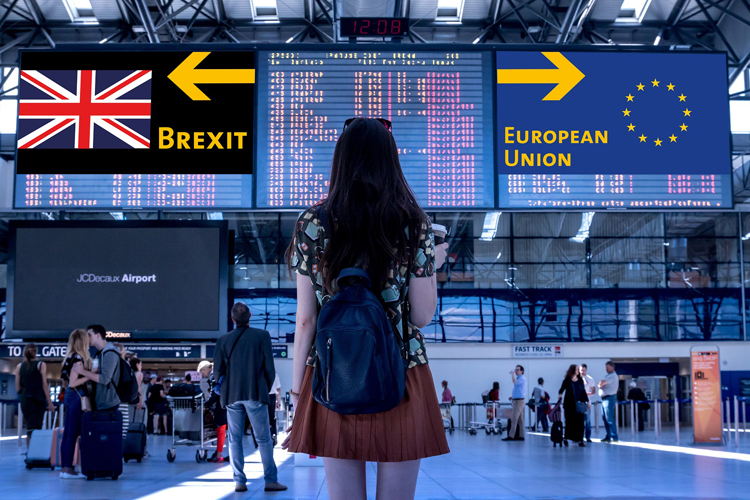In the UK, Brexit has fractured the political party system, with members of parliament from across and within all parties being at odds with each other regarding how the UK should proceed, to the point where entirely new parties have emerged from various political allegiances.
Trying to get a handle on what’s happening with Brexit is confusing enough for those living in the UK, let alone anywhere else. Every day the process of the UK leaving the EU becomes more complicated – so what’s really going on, and how does it affect the US?
Brexit’s impact on currency
After the original Brexit vote, global currency markets, as well as the US stock market, saw significant fluctuations. Indeed, the value of the pound (GBP) dropped greatly, which lead to tumultuous, but also profitable, forex markets. Amid all the Brexit uncertainty, the consistent factor is that the pound remains unstable. A deal similar to that already agreed by the EU and Theresa May could stabilize the pound, as could a similarly phrased alternative. But a no-deal would plunge the market into deeper uncertainty and potentially have the most adverse impact on the pound, which would be of great interest to those trading in the currency markets.
Brexit and U.S./UK trade
While two trade deals have already been agreed this year, worth over $15 billion, which mimic technical agreements already agreed with the EU, it could still mean that US exports to the UK may become more expensive. The UK is currently the fourth largest export market, with both nations relying on this trade to keep millions of British and US workers employed. However, with Brexit comes inherent instability, and the US needs a strong UK as its stepping stone into Europe. If it decides to pursue a hard Brexit and succeeds, it could leave the UK with less of a major role in US/EU trade and defense negotiations. This is potentially a big loss for the US, who have used the UK as a stabilizing force and partner more extensively than any other nation.
Traveling between the U.S. and UK
Almost 4 million Americans visit the UK each year, and so far, there isn’t any change in travel relations between the two countries. For passport and entry requirements, things remain the same, as too will security screening. For Americans continuing their journey into Europe, they should see no change to their customs and immigration procedures either.
While travelers should see little disruption to their plans, the short-term Brexit consequences could see financial markets fall again. This may change in the long-term outlook for both countries and depending on the outcome of Brexit delay agreements and the type of Brexit (if at all) that is agreed. We may see the UK forge other world market deals, and during this time it could result in investors preferring to back US companies instead, meaning a long-term gain for the US.




